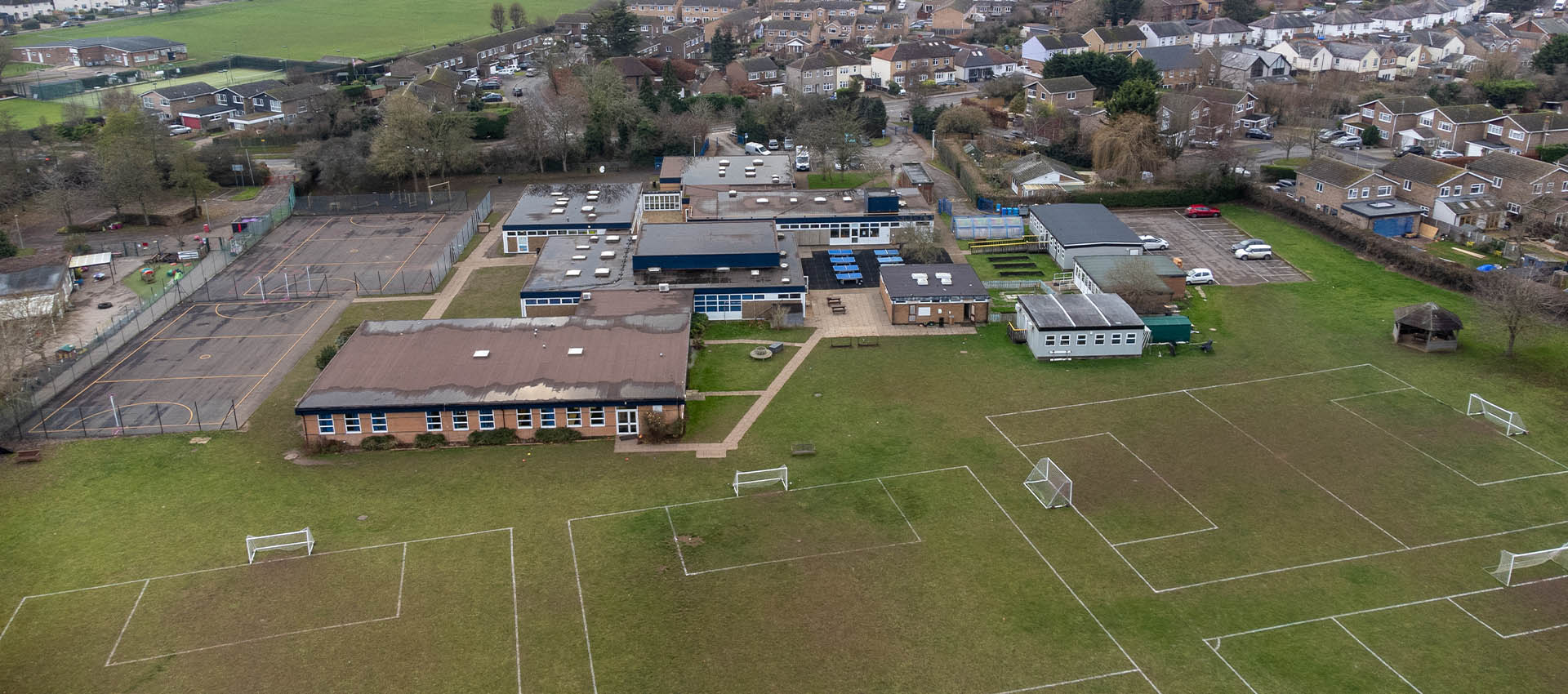SEND in the Curriculum
At Ralph Sadleir School, we firmly believe in providing an inclusive and nurturing environment that caters to the unique needs of all our students, including those with special educational needs and Disabilities (SEND).
We understand that each student possesses individual strengths, challenges, and learning styles, and it is our commitment to adapt our curriculum to ensure their educational success.
To meet the needs of our SEND pupils, we employ a multi-faceted approach that encompasses the following principles:
Adapted Instruction: Our teachers are trained to adapt their instruction by employing a range of teaching strategies, materials, and resources to accommodate diverse learning styles and abilities. This enables us to create personalised learning pathways that align with the specific needs of our SEND students.
Individual Education Plans (IEPs): We work closely with our SEND students, their parents or guardians, and relevant professionals to develop individualized education plans (IEPs). These plans outline specific learning goals, strategies, and support mechanisms tailored to the needs of each student. Regular reviews and adjustments are made to ensure that the IEPs remain effective and relevant.
Specialized Support Staff: Our school employs dedicated and experienced support staff, including learning support assistants and a Special Educational Needs coordinator (SENCO). These professionals work closely with both students and teachers to provide targeted support and interventions in and outside the classroom. They collaborate with external agencies, where necessary, to access further expertise and resources.
Accessible Learning Environment: We strive to create an inclusive and accessible learning environment for all students. This includes providing assistive technologies, modified resources, and appropriate accommodations such as extra time during assessments. We also ensure that physical spaces within the school are accessible and conducive to the learning needs of our SEN students.
Collaboration and Partnership: We recognise the importance of collaboration and partnership with parents, carers, and external professionals. Regular communication channels are established to foster a supportive network, enabling us to exchange information, share progress, and work together in the best interest of the students.
Emotional and Social Support: We understand that SEN students may require additional emotional and social support. Our pastoral care system provides a network of support, including counselling services, identified interventions, and peer support initiatives, to address their holistic well-being.
Continuous Professional Development: Our staff undergo continuous professional development to enhance their understanding of different SEN needs and effective teaching strategies. This empowers our teachers to adapt and innovate their instructional methods to cater to the ever-evolving needs of our SEN students.
By embracing these principles and strategies, Ralph Sadleir School ensures that our curriculum is flexible, inclusive, and responsive to the individual needs of our special educational needs pupils. We are committed to enabling every student to reach their full potential, fostering a sense of belonging, and preparing them for a successful future.
SEND Access to the Curriculum
Intent:
- To accommodate reasonable adjustments to the curriculum to provide access for all.
- To encourage different learning styles and to incorporate these into lessons.
- To make learning tangible for our most high needs pupils, and to encourage different ways to show learning.
- To adhere to all IEP’s, and provision within an EHCP.
- To provide meaningful feedback towards IEP reviews and towards EHCP aims and outcomes.
Implementation:
Within the maths faculty, our main area of need is around cementing basic maths skills that haven’t been acquired before pupils join us. We find the UCAN intervention very helpful as a way of making maths meaningful, and providing purposeful adaptation to learning which can be continued long term. The use of manipulatives is a core skill which we aim to develop as the pupils learn age appropriate maths skills. In Year 5 and 6, maths groups are set to enable staff to focus on developing key skills for the weaker pupils and developing greater depth in our stronger pupils. For our highest needs pupils, we are able to use White Rose to follow a meaningful scheme of work which is appropriate for individual needs, which can be built on as the pupils grow up.
Adaptations: (Examples)
- Use of manipulatives
- Maths packs
- Large squared books
- Coloured books
- Support with using equipment (often advice from OT)
- Pencil grips
- Step-by-step instructions for longer processes
- Explicit instructions
- TA support
- Use of UCAN and Power of 2 interventions


